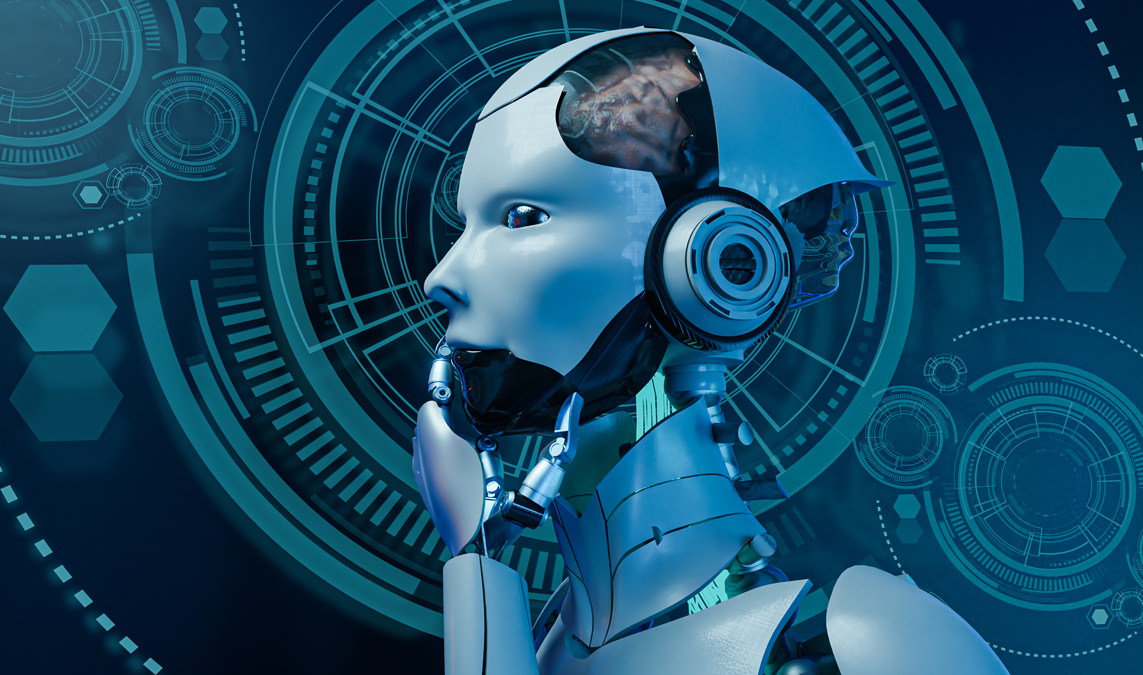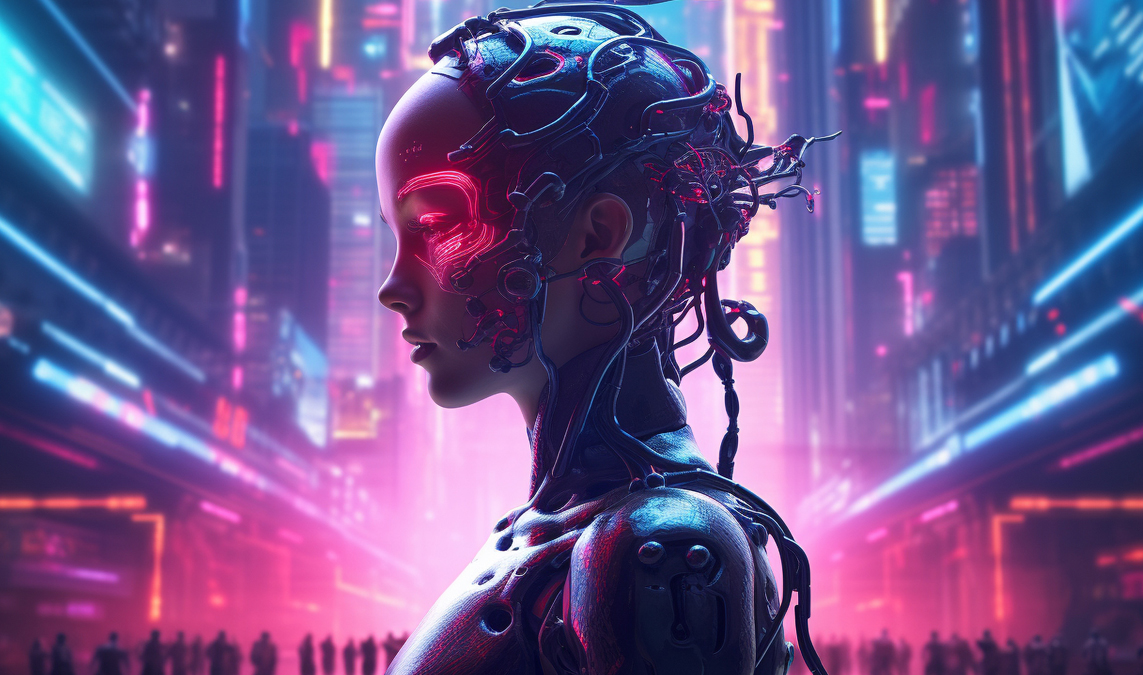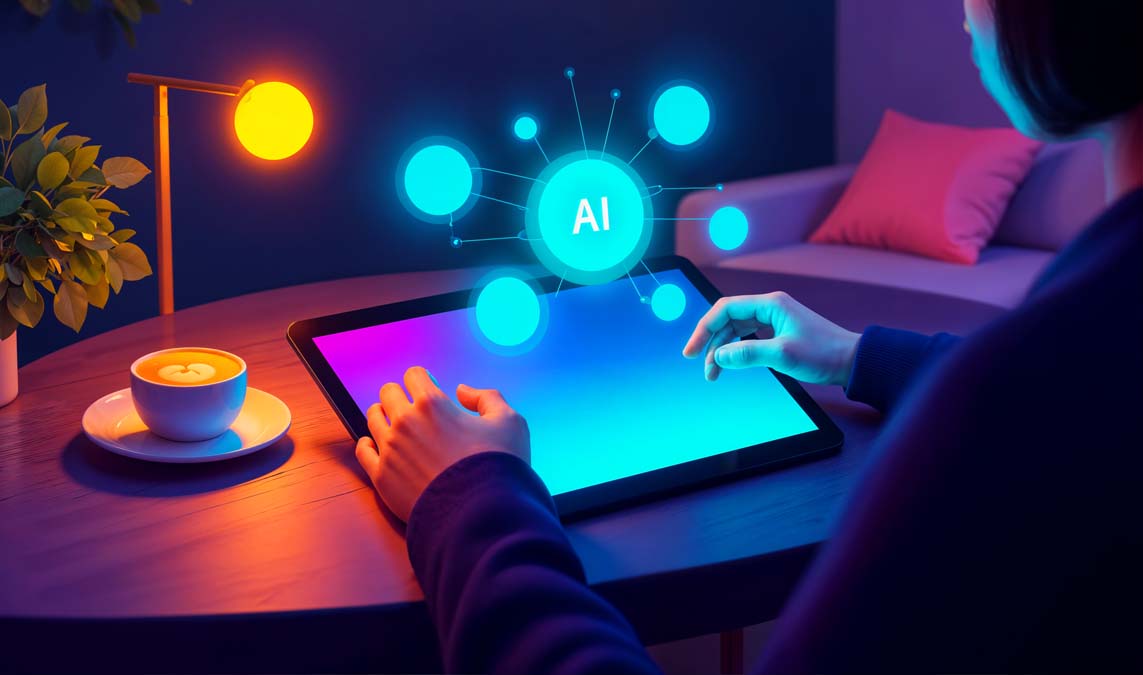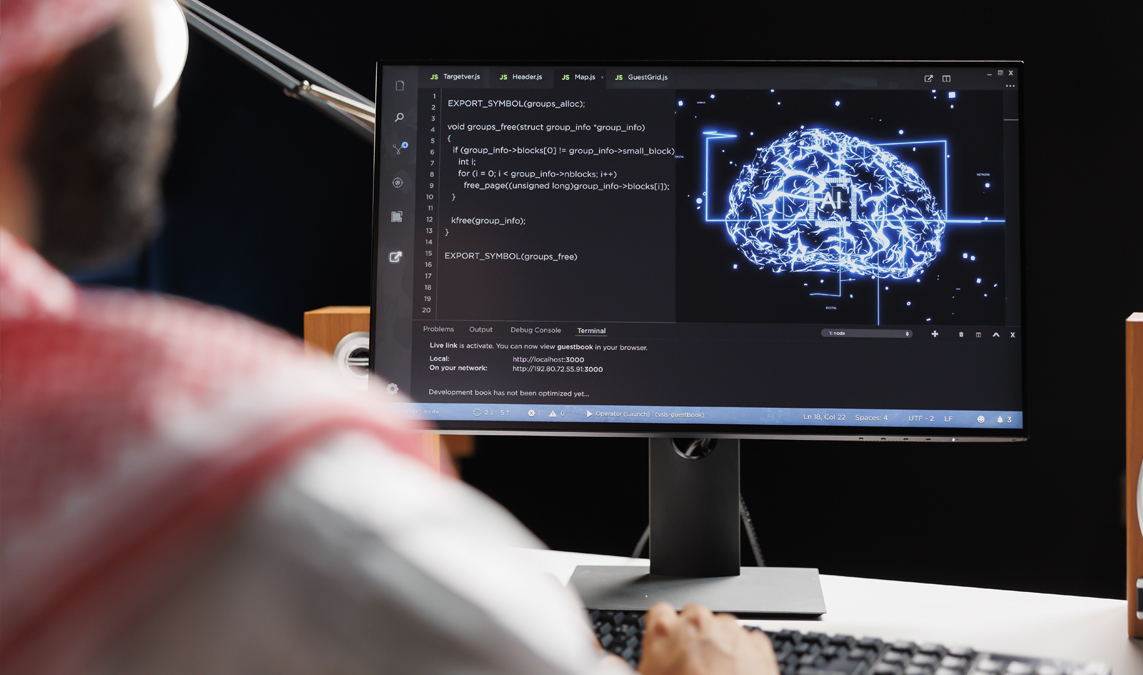AI Industry Trends: Shaping the Future of Innovation and Business
The rapid acceleration of artificial intelligence (AI) is one of the most defining developments of our time. From intelligent automation to generative models and predictive analytics, AI industry trends are reshaping how businesses operate, how consumers interact with technology, and how entire markets evolve. As AI capabilities expand, staying informed about the direction of these trends is critical for business leaders, developers, and policymakers alike.
In 2025, one of the most prominent AI industry trends is the widespread integration of AI into enterprise workflows. Companies across industries—from finance and healthcare to manufacturing and e-commerce—are deploying AI-powered systems to streamline operations, reduce costs, and improve accuracy. For example, banks are using AI for fraud detection, while logistics companies are relying on AI to optimize delivery routes and inventory forecasts.
Another key area driving AI industry trends is generative AI. Tools like ChatGPT, Claude, and DALL·E have sparked a revolution in how content is created. Text, images, video, and even music are now being generated by AI systems trained on vast datasets. As these tools become more user-friendly and accurate, they are being adopted by marketing teams, educators, journalists, and creators who are eager to produce high-quality content more efficiently.
In healthcare, AI industry trends are centered around diagnostics and personalized medicine. AI is being used to analyze patient data, predict disease risks, and recommend tailored treatments. Radiologists now rely on AI to assist with interpreting imaging scans, while biotech firms are leveraging AI to accelerate drug discovery. The use of machine learning in clinical settings is saving time and potentially lives by providing more accurate, data-driven insights.
A crucial development within AI industry trends is the emphasis on ethical and explainable AI. As machine learning models become more complex, there is increasing demand for transparency in how decisions are made. Regulators and organizations are working on frameworks to ensure that AI systems are fair, accountable, and free of bias. This is especially important in sectors like hiring, lending, and law enforcement, where AI-driven decisions can have serious consequences.
One of the most exciting AI industry trends is the democratization of AI development. Open-source models and low-code or no-code platforms are making it easier than ever for non-technical users to build and deploy AI solutions. This shift is empowering small businesses, educators, and researchers who previously lacked the resources to access advanced technology. Tools like Hugging Face, Google AutoML, and Microsoft’s Azure AI Studio are leading the way in making AI more accessible.
The rise of edge AI is another growing trend. Instead of processing data in the cloud, edge AI allows for real-time data processing on local devices like smartphones, IoT sensors, and autonomous vehicles. This leads to faster performance, lower latency, and improved privacy. As 5G infrastructure expands, edge computing is becoming more viable and is expected to support a wide range of new AI-powered applications in smart cities, transportation, and healthcare.

Security and risk management are also key components of modern AI industry trends. As AI tools become more powerful, so do the threats they pose in the wrong hands. Deepfakes, automated phishing campaigns, and data poisoning are real concerns. In response, companies are investing in AI security—both to defend against attacks and to use AI to detect and prevent breaches. Cybersecurity firms are increasingly incorporating AI into their core strategies.
On the global stage, AI industry trends are influencing geopolitical strategies. Nations are investing heavily in AI research and talent, seeking to gain competitive advantages in areas like defense, trade, and national security. International collaboration is being balanced with a race for AI dominance, prompting new debates about data sovereignty, intellectual property, and ethical use across borders.
In the workforce, AI is both creating and transforming jobs. While automation may replace certain repetitive tasks, it is also generating demand for roles in data science, AI ethics, and prompt engineering. Companies are increasingly investing in reskilling programs to prepare employees for AI-assisted roles. One notable AI industry trend is the rise of AI copilots—intelligent assistants that help workers perform tasks more efficiently, whether in coding, writing, customer service, or research.
Looking ahead, AI industry trends will likely revolve around multimodal AI, combining visual, auditory, and textual understanding into more natural and human-like systems. These advancements will enhance user interfaces, improve customer experiences, and unlock entirely new modes of interaction.
In summary, AI industry trends are reshaping every aspect of society—from how we work and learn to how we heal and govern. As the technology matures, staying informed and adaptable will be crucial. Whether you’re an entrepreneur, a policymaker, or a curious consumer, understanding these trends provides a strategic advantage in a world increasingly driven by artificial intelligence.







